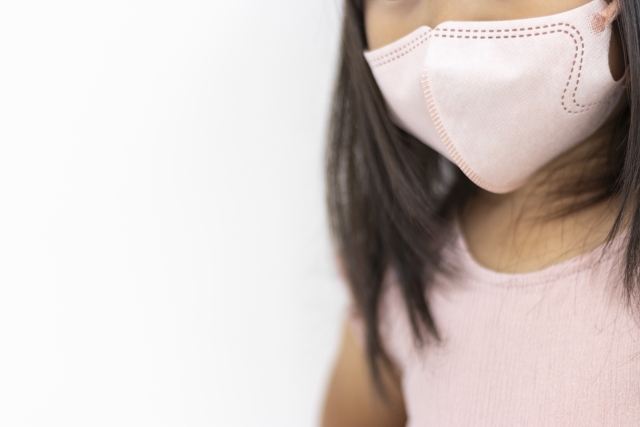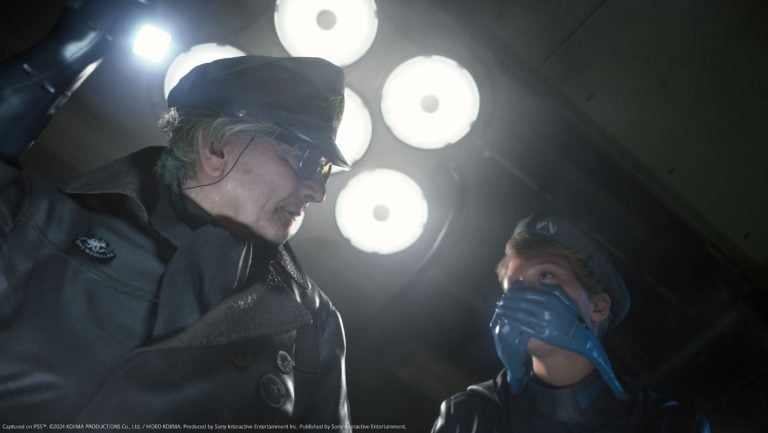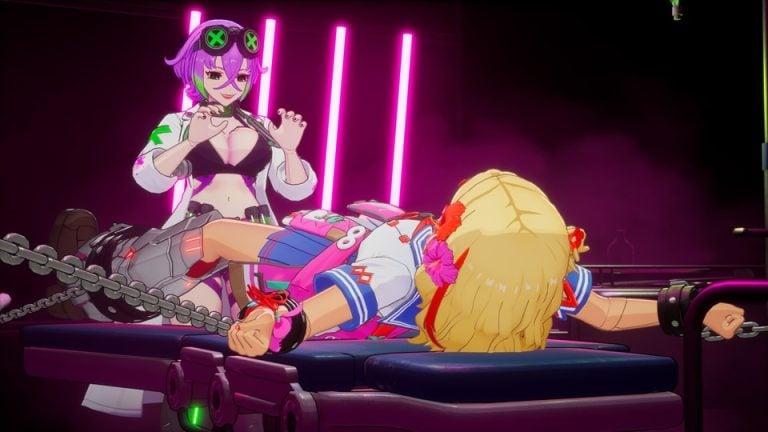Why do Japanese youth choose to remain masked? A recent survey on the mask-wearing habits of elementary and middle school students in Japan reveals that nearly 40% of school kids wear face masks throughout their entire school day, and it seems to have something to do with anxiety about being seen by others.
Three years have now passed since the first news of Covid-19, during which various safety measures were implemented across Japan to prevent the spread of the virus. Like many other countries at the time, wearing masks in public settings was mandatory. People wore masks both to protect themselves from becoming sick and out of consideration for others’ health. Fast forward to the present, and many countries have considerably relaxed their rules related to the virus, with many of them abandoning the requirement to wear face masks altogether. While Japan, too, has mostly eliminated mask-only entry rules, it’s notable that people in Japan, students in particular, largely continue to wear masks.
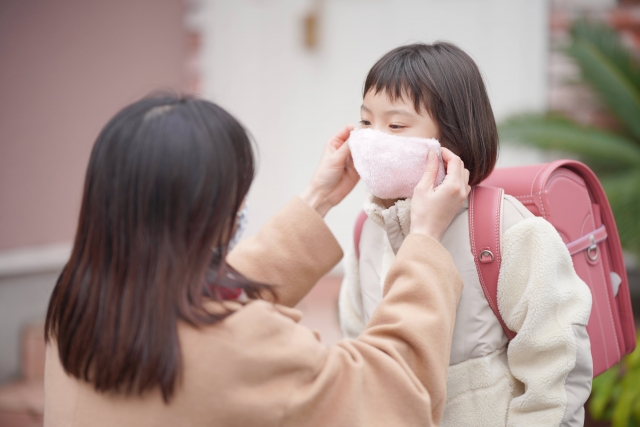
As of April of this year, the Japanese government announced that students were no longer mandated to wear masks at school, giving students the freedom to choose whether to wear them or not. In response to this news, a Japanese children’s game site conducted an online survey that accumulated 1,724 responses regarding the mask-wearing habits of elementary and middle school-aged children in Japan.
The survey asked participants their thoughts regarding the abolishment of the mask mandate, and over 70% of respondents expressed positive opinions about the change. However, in the survey’s follow-up question asking if their mask-wearing habits have changed, 33% said that they made no changes, with only 28% saying that they wore masks a little less than before. If there are no longer rules enforcing the wearing of face masks, why is it that children in Japan seem to not want to stop wearing them?
The survey went deeper into the reasons why some students preferred to keep wearing masks at school by asking questions that allowed students to choose multiple answers. The top reasons given by students were, “I don’t want to show my face” (81%), “I’ve gotten into the habit of wearing a mask” (66%), and “I’m worried about the opinions of others” (59%). The health-conscious reply, “I’m worried about Covid-19,” was given by 41% of respondents. Based on the students’ responses, it seems that rather than a fear of becoming sick, social factors play a much bigger part in why they continue to wear masks.
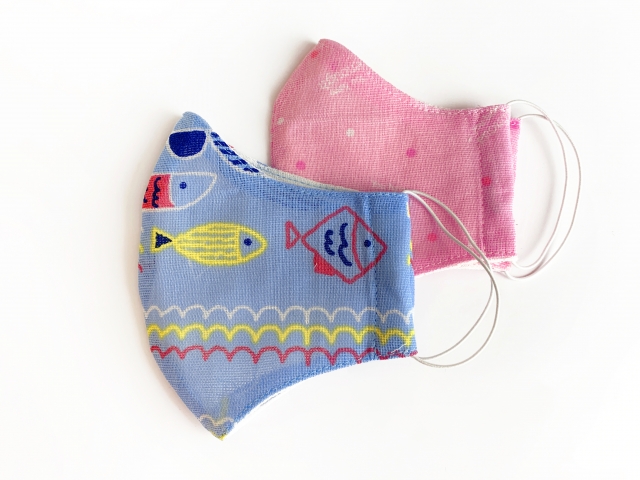
Participants were also asked about the pros and cons of removing their masks since mask mandates were loosened. The positive aspects given by the students were that they could now see everyone’s faces, breathe better, and could escape the heat exacerbated by the masks. On the other hand, while getting Covid was a concern, many of the negative aspects shared by students were once again largely related to self-consciousness, such as wanting to hide acne, feeling embarrassed when removing their masks, and not wanting to receive comments about how their face looks without a mask on. Many students shared that they didn’t like the idea of others seeing their unmasked faces and responded negatively when told by teachers or parents to remove them.
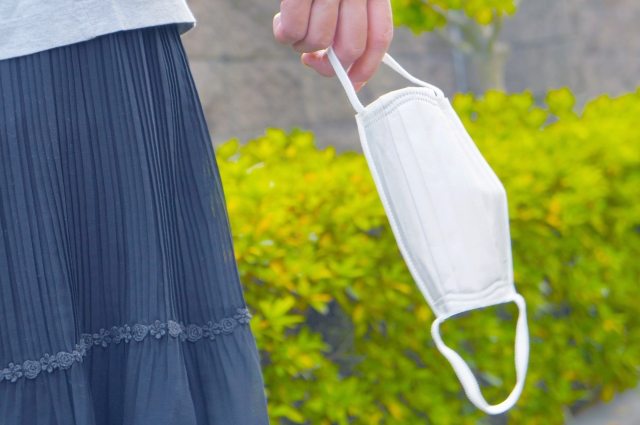
Predating the pandemic, people in Japan would often wear face masks to protect themselves against things like pollen, prevent others from catching their colds, or just because they didn’t want to show their face on any particular day. Wearing masks in public spaces such as a school, hospital, or work is a relatively common occurrence, with face masks being sold at nearly any store in Japan. Since the use of face masks in Japan isn’t viewed as strange or even necessarily an indication of an illness, it’s easy to see why some people would spontaneously continue to wear them even after regulations demanding their use have largely been lifted.
Since many students in Japan have spent a significant amount of their formative years behind masks while in the presence of others due to the pandemic, it’s likely that some may have gotten used to having their faces covered up in public and among peers, making them feel vulnerable about showing their bare faces.

